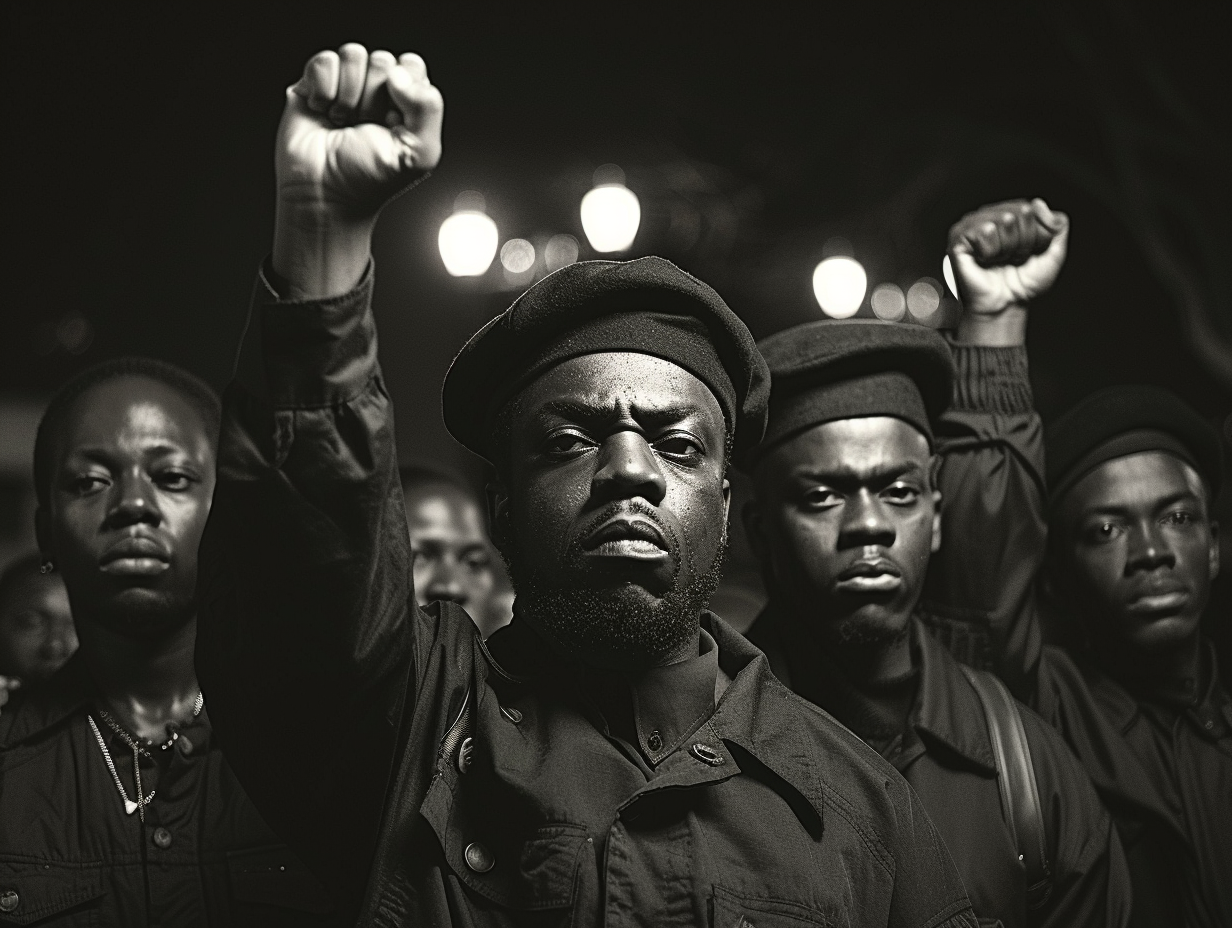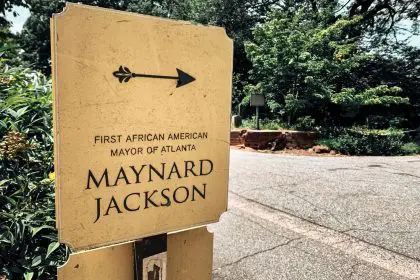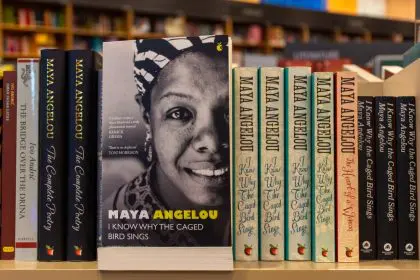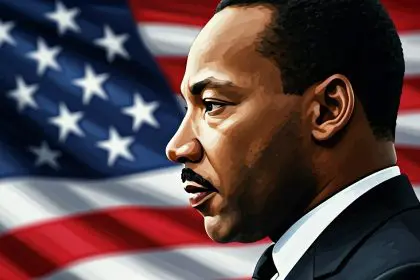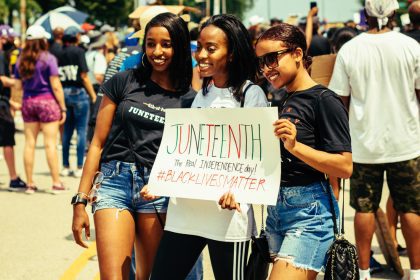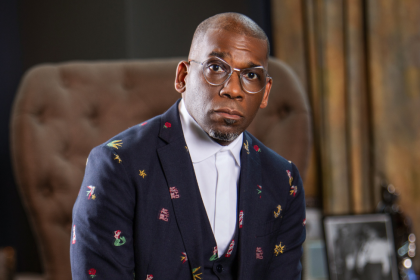On Dec. 4, 1969, a pivotal moment in American civil rights history unfolded. Mark Clark, the defense captain of the Peoria, Ill., branch of the Black Panther Party (BPP), and Fred Hampton, chairman of the Chicago chapter, were tragically killed in a predawn raid orchestrated by the Chicago police under the direction of the FBI. Over 90 bullets were fired, leaving both men dead in a stark reminder of the lengths to which authorities went to suppress the movement for Black liberation. This act of violence remains a haunting symbol of the systemic forces arrayed against civil rights activists.
A beacon of community service
At just 22 years old, Clark had already made an indelible impact on his community. His sister, Gloria Clark Jackson, recalls him as a young man committed to social justice and community upliftment. Mark’s efforts in establishing Peoria’s first free breakfast program for children exemplified the BPP’s broader mission to support underserved communities. He also provided clothing and food assistance to the elderly, emphasizing the BPP’s commitment to community service—a mission often obscured by the media’s portrayal of the organization as militant and violent.
Gloria reflects on Mark’s legacy with pride and a sense of loss. “At 19, I didn’t fully understand the significance of what he was doing,” she shares. “It wasn’t until after his death that I realized how much he had accomplished.”
The need for recognition
John Miller, a fellow activist and Peoria’s Captain of Communications, emphasized the lasting impact of Mark’s contributions. “Mark helped feed so many kids in Peoria, and now that they are grown, they don’t even know who to thank,” he said. This statement underscores the invisibility of community leaders like Clark, whose efforts have often gone unrecognized. Gloria’s advocacy for her brother’s legacy highlights the importance of remembering these contributions and educating future generations about the true mission of the BPP.
Mark Clark’s story
To honor her brother’s memory and correct misconceptions, Gloria authored a biography titled Mark Clark: Soul of a Black Panther. In it, she seeks to provide an accurate account of Mark’s life and the BPP’s role in community empowerment. Her work challenges the dominant narrative that paints the BPP solely as a violent organization, instead showcasing its initiatives in education, healthcare, and social welfare.
Gloria’s book is not just a tribute to Mark but a call to action for readers to learn the truth about the BPP. She encourages people to delve deeper into the history of the movement and to question the narratives that have been perpetuated for decades.
The shadow of COINTELPRO and the Ghetto Informant Program
A significant part of Gloria’s mission involves shedding light on the FBI’s covert operations, particularly COINTELPRO. While COINTELPRO’s efforts to surveil and disrupt civil rights organizations are widely known, Gloria emphasizes the lesser-known Ghetto Informant Program (GIP). This initiative, which ran from 1967 to 1973, employed over 67 informants within the BPP, highlighting the extent of government infiltration and surveillance.
Gloria’s revelations prompt readers to consider the lasting impact of these programs and the trust issues they created within the movement. She asks a crucial question: “Who were the other informants involved in my brother’s death?” Her pursuit of answers is a testament to her commitment to uncovering the truth and seeking justice.
A call for justice and remembrance
With the 55th anniversary of Mark Clark and Fred Hampton’s deaths having just passed, Gloria continues to advocate for accountability and recognition. Her efforts are not just about commemorating her brother’s life but also about seeking justice for the countless activists who faced persecution for their beliefs.
Honoring a legacy of resilience
Clark’s story is one of resilience, service, and sacrifice. His dedication to community upliftment and social justice serves as an inspiration for future generations. Gloria’s tireless work to share his story ensures that his legacy will not be forgotten. As we reflect on the events of Dec. 4, 1969, it is crucial to honor the memory of Clark, Hampton, and all those who have fought for justice and equality.
Through education, remembrance, and advocacy, we can continue their work and strive for a future where their sacrifices are not in vain. Gloria Clark Jackson’s efforts to preserve her brother’s legacy remind us of the importance of seeking truth and justice in the face of adversity.

